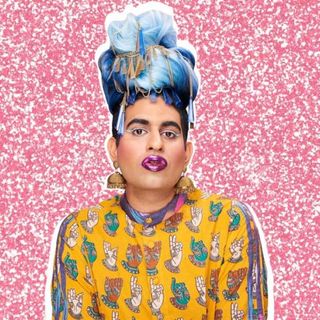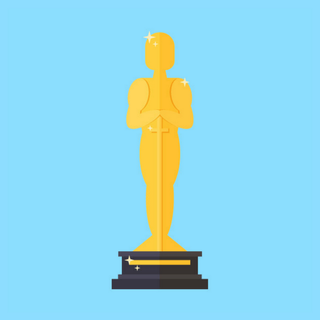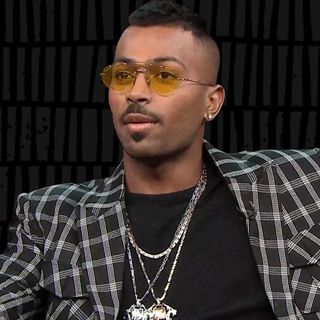14-year-old Muskaan stands on stage at Spoken Festival 2019, and tells poetry workshop participants the three rules of writing poetry. Of course, poetry doesn’t have any rules if you don’t want it to, she says, but just in case parameters were necessary, here they are:
- It should come from a feeling
- It should have imagery
- It should be in your own voice
The last rule turns out to be the most crucial — having your own voice is incredibly important to the kids from Slam Out Loud, an initiative that provides art-based learning to children from at-risk communities facing socioeconomic, physical or emotional barriers to exploring the Arts. The Delhi-based organization is currently working with 6500 students (aged six to 16) and more than 100 artists, using workshops on creative expression through poetry, storytelling, and theater, to build skills that go far beyond artistic sensibilities, like leadership, mindfulness, and communication skills.
“Slam Out Loud is a space where I don’t just learn the skills of how to interact with others and how to get inspired by others, but it’s also helped me learn the values I need in my life,” says Pooja, 15, who’s been with the organization for three years. “My core value that I’ve built through this journey is compassion. I get to explore myself more, my creations, ideas, and the world, and I love interacting with others and learning from them now.”
The effect of the organization’s work with these kids is palpable. The teens running the poetry workshop at the arts festival were confident enough to take charge, encouraging people who were twice their age not to be shy about sharing their work onstage. Pooja led the participants through a meditation exercise, Abbas, 14, Slam Out Loud’s resident rapper, floored the audience with his skills, and Supriya, 14, led the poetry writing itself, telling attendees to think of colors and sounds that they’d link to the thing they’re writing about, asking them to dig deeper into their feelings.
Slam Out Loud was started by Teach For India Fellows Jigyasa Labroo and Gaurav Singh, with the belief that the fundamental right of discovering oneself should not be only for the privileged, and that the Arts are a very powerful medium for discovering one’s own voice. “It started out as an organization that identified this gap in education and how arts can be used to promote social change — by giving each person a voice, and the ability to express that voice with confidence, with vulnerability, and to speak their truth,” says Pragya Bhagat, the communications and partnership lead at Slam Out Loud.
While classrooms in India focus on rote memorization over analytical thought, and students feel the pressure to achieve high marks and get into competitive fields, arts education is often overlooked or treated as frivolous. But a well-rounded education that includes the Arts is closely linked to academic achievement, social and emotional development, increased motor skills, language development, better decision-making, visual learning, inventiveness, cultural awareness and an increase in focus and confidence.
A range of studies have proven that verbal skills can be strengthened through the integration of theater in syllabi, math skills can be supported by music instruction, and drama integration into curricula boosts disadvantaged students’ marks in reading, math, and creative thinking. Arts education can also help students cope with mental health issues like depression and anxiety, which is needed in India where, according to the National Crime Records Bureau (NCRB), one student commits suicide in India every hour.
While arts education plays a critical role in shaping children’s mental and emotional well-being, Slam Out Loud goes a step further — believing that it also has the potential to spark social change. By empowering the children with values like open-mindedness, tolerance, active listening, empathy, and respect, the hope is that they will bring those qualities to their families and communities as well.
Talking to me after the workshop, 14-year-old Supriya reflects on a question she had asked the participants while they were working on their poems — what does having a voice mean to you? Thinking over her years with Slam Out Loud and her experiences learning and creating art, she says, “I feel like through my voice, through my words, through poetry and the arts, I can really make changes, small or big. Now I believe I can create some changes in the world.”




